A commonly-held view is that we are living through diabolically fractious times. Indeed, even a cursory reflection on the recent riots, protests, and related events like our defaced statues, renamed suburbs, and all the other instantiations of the Culture War, seem to confirm this to be the case.
Yet there’s another equally-arresting aspect of our epoch that eludes our attention – the sheer number of us who have dropped out of communal life almost entirely: neither volunteering, nor voting, nor having any real engagement at all with the wider culture.
Already a subscriber? Log in
Subscribe for just $2 a week
Try a month of The Spectator Australia absolutely free and without commitment. Not only that but – if you choose to continue – you’ll pay just $2 a week for your first year.
- Unlimited access to spectator.com.au and app
- The weekly edition on the Spectator Australia app
- Spectator podcasts and newsletters
- Full access to spectator.co.uk

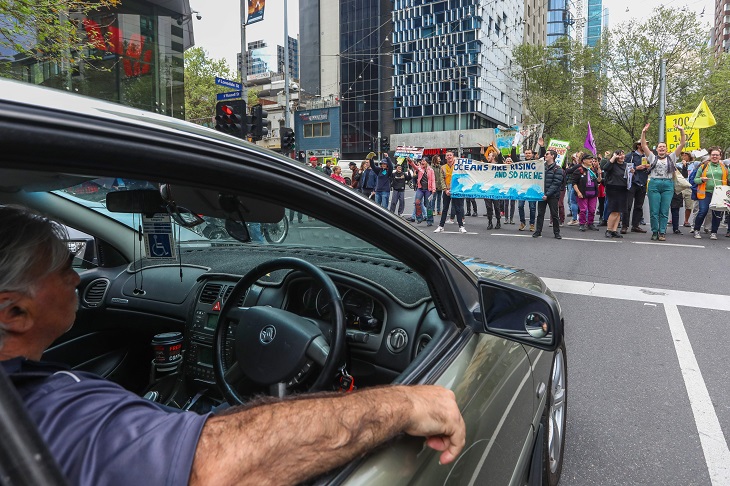
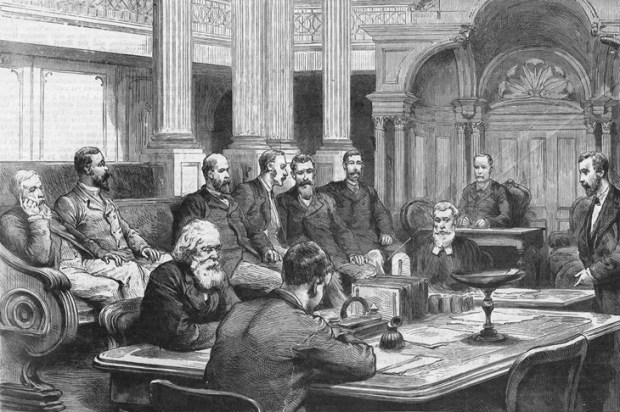
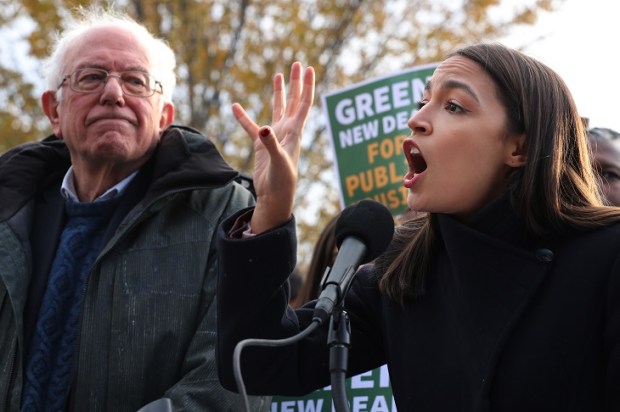
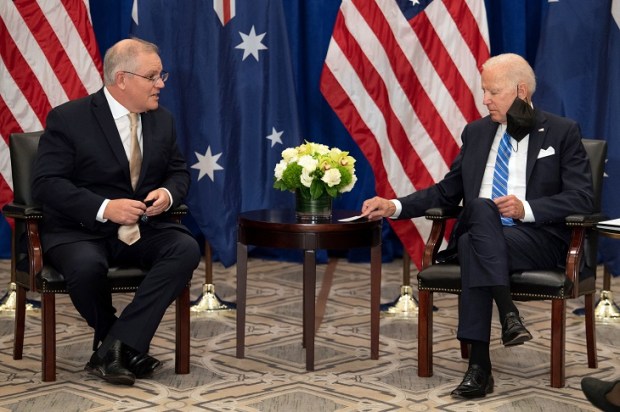
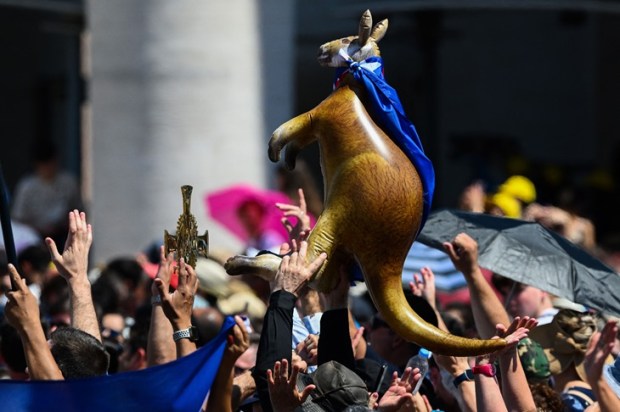
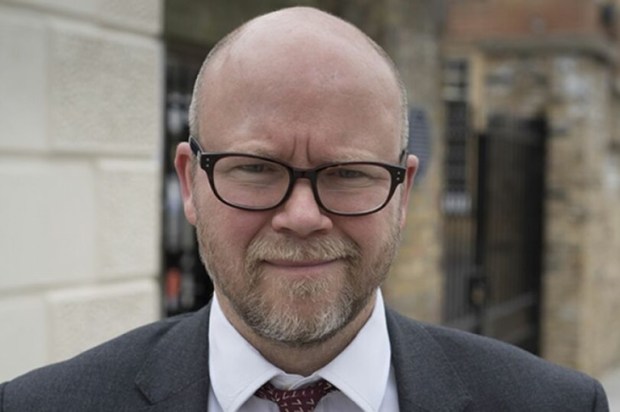
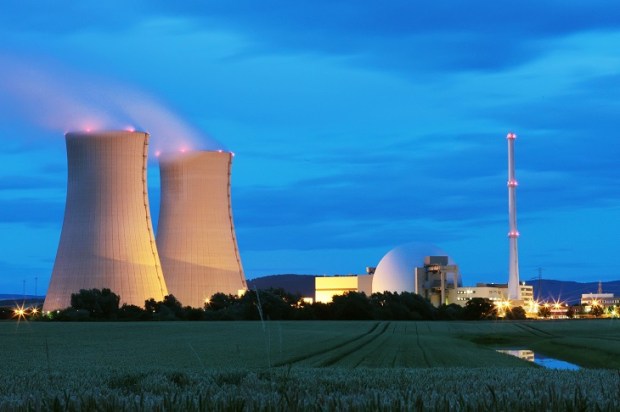


















Comments
Don't miss out
Join the conversation with other Spectator Australia readers. Subscribe to leave a comment.
SUBSCRIBEAlready a subscriber? Log in